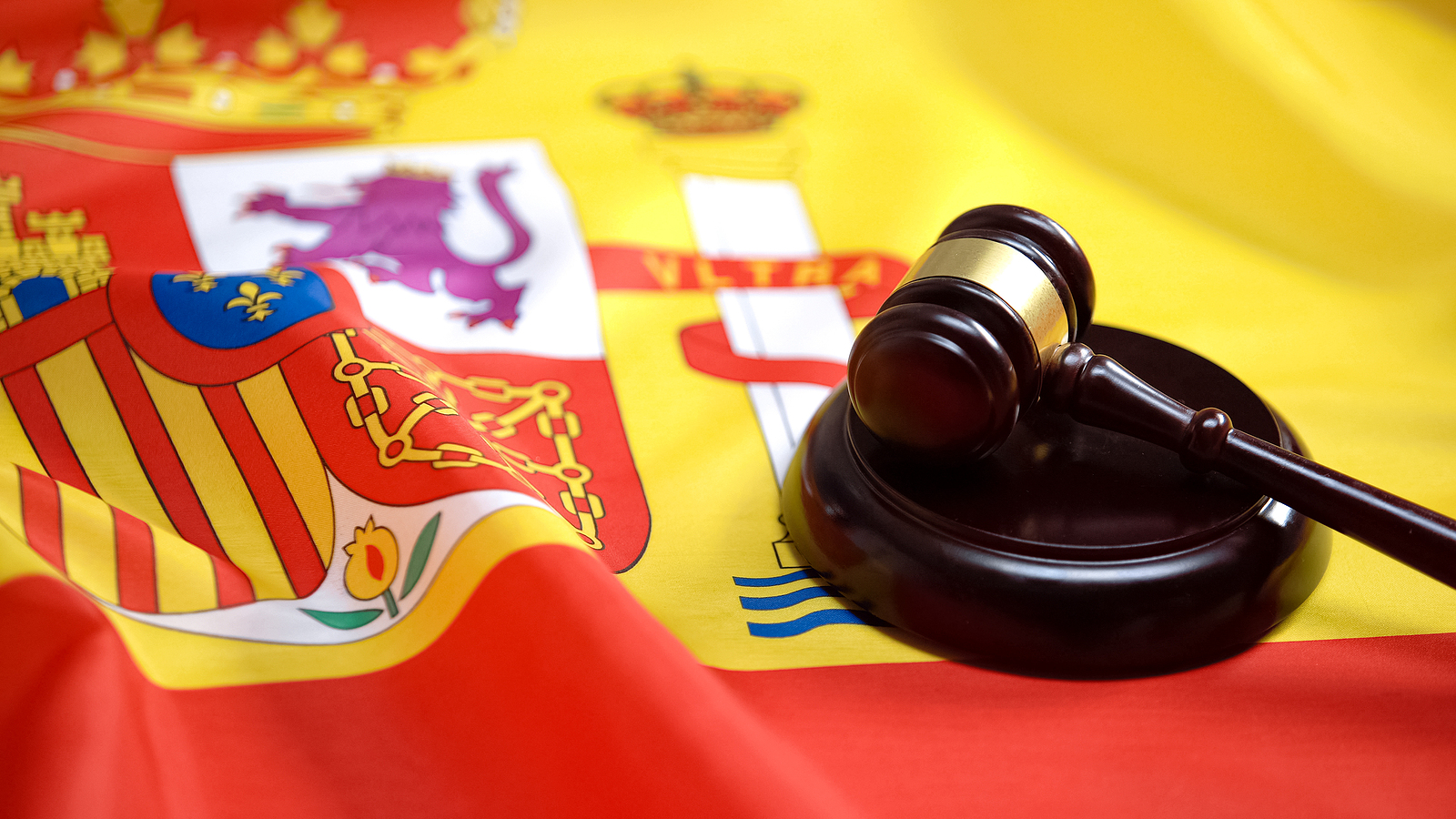
Spain’s High Court rejects commercial surrogacy as ‘exploitation’
Spain’s High Court has ruled that commercial surrogacy constitutes “unacceptable exploitation” of both the child and the biological mother, according to El Pais.
The case involved a Spanish woman who made a contract with a woman in the Mexican state of Tabasco in 2015 to bear a child with the help of a surrogacy agency.
The court declared that adoption was the better option for protecting “the best interests of the child”. “Both are treated as mere objects, not as persons endowed with the dignity of their condition as human beings and the fundamental rights inherent to that dignity,” the court stated.
The court was disturbed by the wording of the surrogacy contract. The biological mother had to agree to pass the child immediately after delivery to the commissioning mother, to maintain a consistently nutritious diet, to have frequent ultrasounds, to refrain from sexual intercourse, not to get tattoos, body piercing or cosmetic surgery, not do to do vigorous exercise, and to waive her right to medical confidentiality.
The contract also left in the hands of the commissioning mother the final decision on the life of the surrogate mother if she were to have a life-threatening illness or injury, including brain death. “The mother has the right to keep her alive with medical life support, with the aim of saving the foetus until the treating physician determines that it is ready for birth”, the contract says.
The court recalled that commercial surrogacy is not only contrary to Spanish law but also to international commitments signed by Spain, such as the Convention on the Rights of the Child and the Convention on the Elimination of All Forms of Discrimination against Women.
After laying down the law, the court lamented that its ruling was out of touch with the reality of life in Spain today. “Surrogacy agencies operate without any hindrance in our country; they advertise their activities […] despite the fact that art. 3.1 of the General Advertising Law regards advertising that threatens the dignity of the person or violates the values and rights recognized in the Spanish Constitution to be illegal”. They even organise fairs to market their products, it complained.
